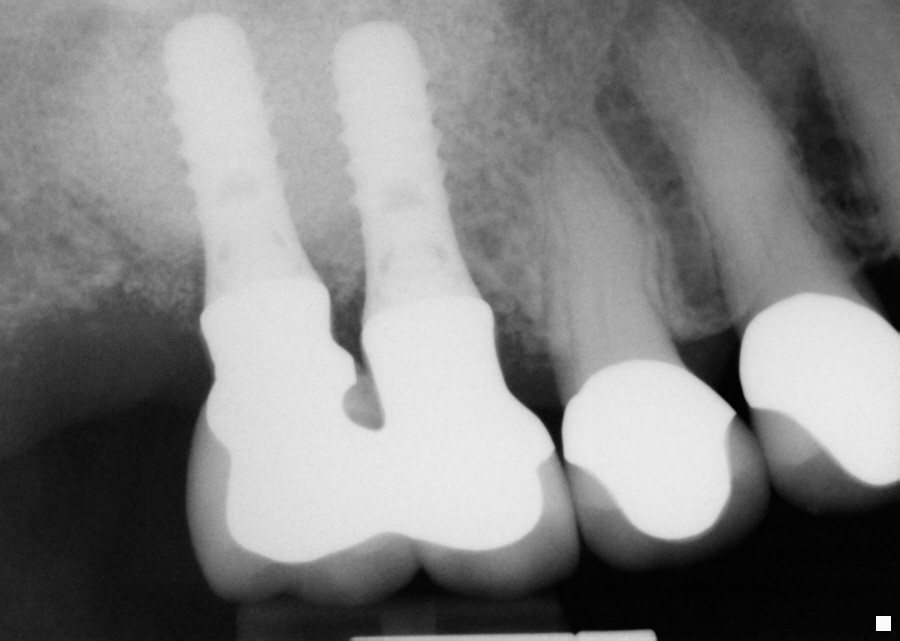
Dental Implants, abutments, and crowns
Rhee Dentistry, Palm Coast, FL
Dental Implants
While nothing can take the place of a healthy set of natural teeth, when disease or an accident ends in tooth loss, there are options for restoring your smile. Dental implants can be used to replace a single tooth, several teeth, or assist in supporting complete or partial dentures. Dental implants are made of biocompatible materials that integrate with human bone. Abutments are laboratory fabricated prostheses that attach to the implants and supply support for the artificial replacement teeth.
Implants eliminate the day to day frustrations and pain of ill-fitting dentures; they allow people to enjoy a diverse and healthy diet without the restrictions many denture-wearers face. With a sense of renewed self-confidence, many people rediscover the excitement of an active lifestyle shared with family and friends and the opportunity to speak clearly and comfortably with family, friends, and co-workers. For all of these reasons, people with dental implants often say they feel better, look better, and live better.
The process
The starting point for someone considering dental implants is to have a detailed examination by our office to assess whether or not the patient is a candidate for implants based on the medical history, clinical, and radiographic examination. If so, a detailed and thorough treatment plan will be drafted outlining the appointment sequence and fees for each phase of treatment as well as treatment alternatives. We will at this point refer the patient to a surgeon (periodontist or oral surgeon) who will be involved in the surgical portion of the process. The surgeons that we work with have advanced formal training in not only implant placement, but bone and soft tissue grafting as well. Implant placement is a minor surgical procedure whereby the implants are inserted into the patient's jaw beneath the gum line. During a 3-6 month osseointegration stage, the implants are bonding and integrating with the patient's own bone. Throughout this time, the patient may wear a temporary removable appliance with replacement teeth. At the end of the osseointegration phase, the replacement teeth are fabricated supported by computer milled abutments that attach to the implants. The entire process can take 6 months to sometimes 1 year depending on the circumstances.
Maintenance
Because implants are made of biocompatible materials, there is little opportunity for an allergic reaction. Additionally, there is no opportunity for dental decay to affect the prosthesis; however, proper oral hygiene and regular professional dental hygiene appointments are imperative for long-term success as tissue inflammation and bone loss can affect implants. Also, like enamel, porcelain can fracture which similar to your fine china usually cannot be repaired.
If you are among the millions of Americans who suffer from permanent tooth loss, you can eliminate the problems and pain caused by dentures, bridges, or missing teeth. You can begin to rediscover the joy of eating healthy, speaking clearly, and laughing comfortably - dental implants may be the solution for you.

